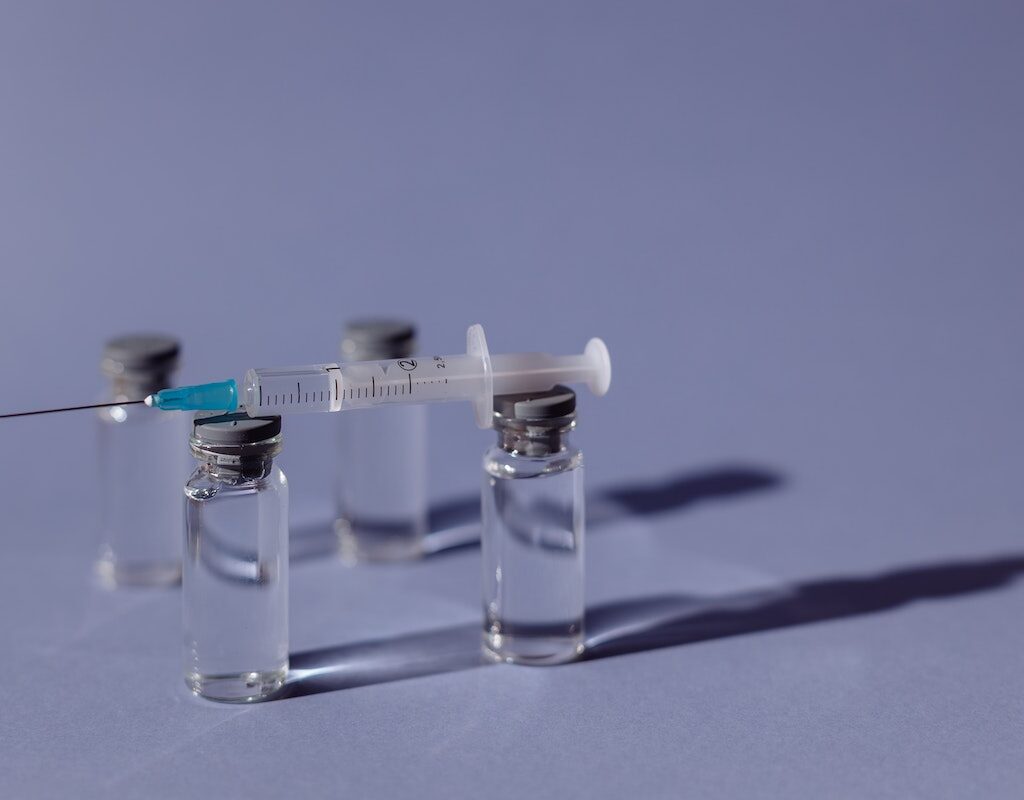Is there anything more precious than a baby? They’re so innocent and new to the world, and it’s our job as parents to protect them from harm. And one of the best ways to do that is by vaccinating them against dangerous diseases. But some parents worry about the pain of vaccination. Fear not – there are now painless vaccines available for babies! Read on to find out more.
Though vaccinating our children is a crucial part of protecting them from potentially harmful or deadly diseases, these vaccines can cause pain and discomfort for children and can sometimes make parents hesitant to follow through on standard vaccination schedules. However, recent studies show that how vaccines are administered may impact whether they are painful for kids – specifically, whether or not the vaccine is given by injection.

There are two main types of vaccinations: painful and painless. Painful vaccinations are typically given intramuscularly, which means they are injected directly into the muscle. This can cause pain, swelling, and redness at the injection site.
One study found that children who received vaccinations via painful injections experienced significantly higher heart rate levels and more behavioural distress than those who received painless injections. This suggests that while painless administration of certain vaccines may not be inherently more effective than painful administration, it does appear that it may be somewhat safer and more comfortable in general. So if you’re worried about your child’s vaccine experience, it’s worth considering whether a pain-free vaccination schedule might be right for them. After all, your child’s health and well-being are your top priority!
Painless vaccination for babies is a recent invention in the field of immunology. They are acellular, syringe injectable medicines that contain fewer antigens (a toxin or foreign substance that induces an immune response in the body, especially the production of antibodies) compared to the conventional vaccines for the same disease. Antigens are foreign elements introduced in the body to encourage it to produce an immune response against it and eventually protect the body from being harmed by the disease that those antigens cause.

Painless vaccinations are usually given subcutaneously, meaning they are injected just under the skin. While this may sound more discomforting, it is much less painful than an intramuscular injection. In addition, painless vaccinations tend to have fewer side effects and are more effective at stimulating the immune system. As a result, many healthcare professionals recommend painless vaccinations over their painful counterparts.
A painless vaccine is given as a combination vaccine which goes by the name DaPT (Diphtheria, acellular Pertussis and Tetanus.) This vaccine causes less or no pain and swelling where it is injected. And the DaPT vaccine, along with being painless, is as effective as the regular painful vaccines such as the DPT vaccine.
There are several different painless vaccination options available. One popular option is the use of a jet injector. Jet injectors work by using high-pressure air to push the vaccine through the skin and into the muscle. This method is often used for vaccinations that require a large volume of vaccines, such as the flu vaccine.
Another popular painless vaccination option is the use of a needle-free injector. Needle-free injectors work by using a high-pressure stream of air to push the vaccine through the skin and into the muscle. This method is often used for vaccinations that require a small volume of vaccines, such as the HPV vaccine. In addition, there are many other painless vaccinations administered via the skin, including vaccines for rotavirus and meningitis.
Painless vs Painful Vaccine
- Diphtheria, Pertussis and Tetanus (DPT) is a painful form of the painless vaccination. It is also known as Easy-five or Pentavac.
- Diphtheria, acellular Pertussis and Tetanus (DaPT) is the painless version of the vaccination and is also known as Pentaxim.
What are the Advantages of painless vaccination?

- First, by avoiding painful injections, painless vaccinations can help reduce stress for both baby and parent. This can be particularly important if the child is prone to crying or squirming during vaccinations, as it can make the experience much more stressful for everyone involved.
- Second, because painless vaccinations are typically administered subcutaneously rather than intramuscularly, they tend to cause less discomfort for the baby. This can be a significant advantage for parents who are worried about their child’s comfort during the vaccination process.
- Finally, painless vaccinations tend to have fewer side effects than traditional vaccinations. This is because they stimulate the immune system in a more targeted and effective way, minimizing the risk of adverse reactions.
This makes painless vaccination an excellent choice for parents who want to ensure their child is protected from disease but are concerned about the discomfort that traditional vaccinations can cause.
Are Painless Vaccines Safe?
Painless vaccinations are safe and effective. They prevent the post-vaccination side effects like fever and painful swelling and make both baby and parent stress-free.
Whether you are looking for a safe and effective option for your baby or simply want to avoid the stress of dealing with an upset child, a painless vaccination is the right choice for your child.
We hope you found this article helpful! If you have any other questions or concerns about painless vaccinations, please don’t hesitate to reach out to a consultant or your healthcare provider. And remember every mother and baby is different, so what works for one may not work for another. Let us know your reviews in the comments below!
Thanks for reading! 🙂

